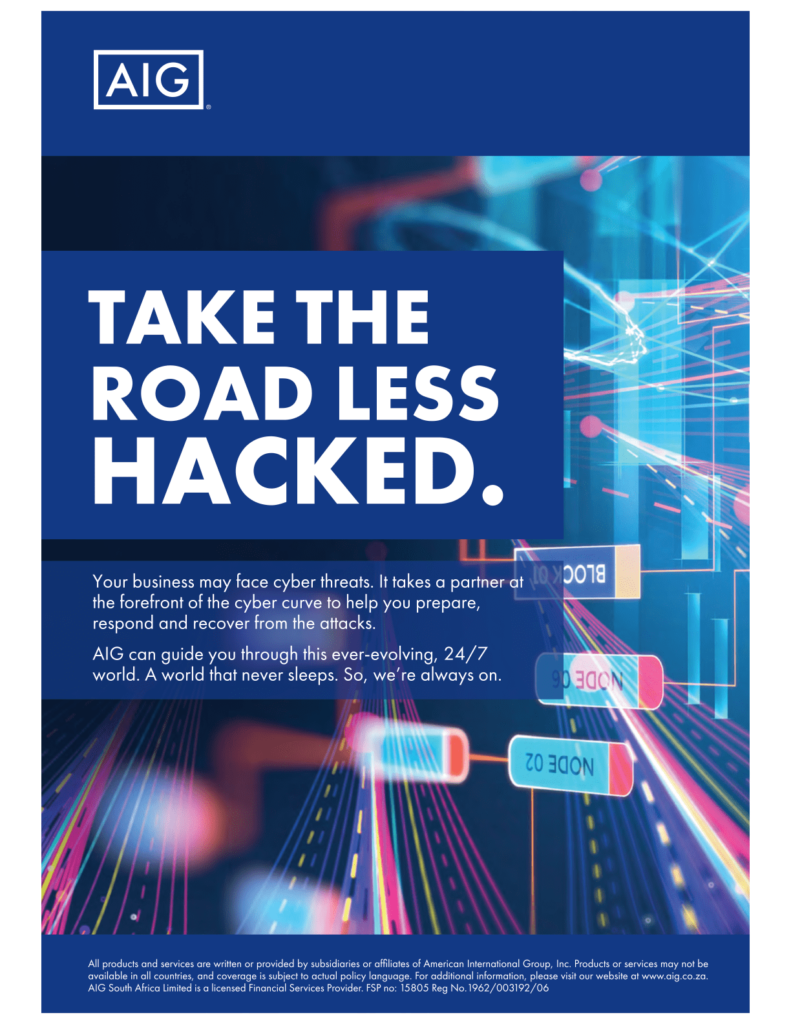Janine Janse van Vuuren and Alba de Pontes, Loss Adjusters specialising in complex liability claims at Independent Claims Loss Adjusters


The Financial Intermediation, insurance, real estate and business services sector makes up about 23% of the total formal employment sector in SA, of which insurance is a substantial portion. However, skills shortages have plagued the short-term insurance industry for many years. In a 2019 report issued by INSETA under the title: Status of Skills in the Insurance Industry, they identified various key issues relating to the skills shortage, specifically in the Short-Term insurance sector, and specifically in specialist and management roles, such as lack of formalised training programmes, the exodus of skilled staff, the lack of or inadequate skills transfer to newcomers, and the rapid pace of regulatory change and transformation.
While inhouse/on-the-job training has traditionally been the backbone of industry skills development, there are various factors hampering these efforts, such as work pressures and lack of adequately skilled senior staff available to dedicate their time to training, the exodus of experienced insurance professionals, the lack of formal training material and in-depth training available in the industry and constant churn of staff. The skills shortage in the industry has led to ongoing poaching between companies, crippling the industry and placing a financial burden on especially smaller companies and specialist businesses within the industry.
The formal education system is not equipped to meet industry needs and cannot produce work-ready job applicants. Formal academic qualifications are expensive and time consuming and many candidates simply do not have the means to complete formal university degrees. Qualified graduates also experience a gap between their formal training and the practical requirements of the job.
The outbreak of the COVID 19 virus in early 2020, has had an additional negative impact on the industry’s skills development programmes While there are many benefits to remote working, one of the consequences will, unfortunately, be the decline in on-the-job vocational training opportunities – especially for young, inexperienced staff.
With no formal in-depth, specialised vocational training and development courses and material available in the market, this will ultimately have a negative effect on the sustainability of the market as it impacts on the quality of risk decisions that insurance professionals make – affecting their risk carriers and their clients.
Rapid learning interventions are required for the industry to keep abreast of the challenges it is facing. There are a few approaches to this problem, one being fostering a more productive partnership between the insurance industry and the formal education system, which should be focussed on delivering more cost- and time- effective, and occupationally relevant methods of delivering practical occupational training, such as e-learning.
The other would be fostering a more productive partnership between industry stakeholders and leveraging off the pockets of excellence to maximise learning and skills development opportunities. Specifically, in the specialist arena, insurers and brokers often use industry experts in the form of specialist Loss Adjusters or Attorneys who can assist with upskilling staff and can add additional value specifically in gaining a better understanding of the risk profile of their portfolios.
Many Loss Adjusters have exceptional problem-solving, analytical thinking, decision-making, interpersonal and communication skills. These are all skills that are critical to the insurance industry and can only be developed through hands-on involvement in insurance claims.
The Loss Adjuster in a sense becomes the orchestra conductor during the claims process as he navigates his way through the facts, the law, the claims processes, all the while managing the various stakeholder relationships while he taps into a broad range of knowledge, experience and skill to gather the pertinent facts, and apply those facts to the policy cover. While the Loss Adjuster’s primary focus will be finding a pragmatic solution to the particular claim, the Loss Adjuster’s report will often transcend the facts of the claim and provide invaluable risk insights allowing the insurer a better understanding of the business practices of his client and how that translates into the risk profile that the insurer prices when he offers insurance to his client. These reports may go even wider and offer the insurer better insights into a portfolio of risks. These insights may prove very useful in developing risk assessment tools to more accurately price and underwrite risk. It may also provide unique insights which may allow the insurer an opportunity to be proactive in finding new insurance solutions to address risks his client may be grappling with on a daily basis.
There are many ways for insurers and brokers to capitalise on the expertise of Loss Adjusters in skills transference:
- In-house training of staff
Many insurers and brokers have used the COVID pandemic as an opportunity to develop online learning and skills development platforms to present webinars and panel discussions where industry experts such as Loss Adjusters, Attorneys, and other industry experts can share their knowledge.
- Site visits and meeting attendance with Loss Adjusters
Staff at insurers and brokers should be encouraged to actively participate in the claims investigation with the Loss Adjuster by attending meetings and onsite inspections with the Loss Adjuster.
- Creating a database of, and data mining Loss Adjuster reports
Loss Adjuster reports may contain invaluable risk insights for the insurer. Through their investigation Loss Adjusters gain intimate knowledge of an Insured’s business model, practices and operations, and/or the various industry landscapes in which insured businesses operate. Loss Adjuster reports should be stored, analysed and “data mined” by both claims as well as underwriting areas. The database can also assist in-house training through post-mortems of claims scenarios.
- Conducting risk surveys / audits
Many global insurers employ risk engineers who are experts in the industry in which they are qualified. A productive partnership between insurance risk engineers and Loss Adjusters will assist in gaining a better understanding of the specific insured’s risk profile through their business model and practices. There is often a discrepancy between the “theoretical risk profile” of the Insured and what happens in practice within a business. It is the Loss Adjuster who does site inspections, meets with the Insured and their employees and is involved in the root cause analyses of scenarios where risk management has failed. It is in this space that the Loss Adjuster can be used to conduct risk surveys/audits for underwriters prior to underwriting the risk.


